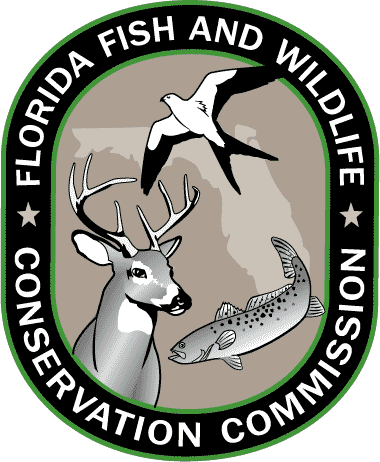Changes to Florida’s Atlantic Black Sea Bass Recreational, Commercial Harvests Effective This Week

Several changes to black sea bass management in Atlantic state waters went into effect this week. These changes will help rebuild the Atlantic black sea bass population for future generations of recreational and commercial fishers and were made by the Florida Fish and Wildlife Conservation Commission at its Dec. 5 meeting.
Changes include:
- Increasing the minimum size limit for commercial harvest from 10 to 11 inches total length, and for recreational harvest from 12 to 13 inches total length;
- Changing the recreational daily bag limit from 15 to five fish per person;
- Requiring federal commercial endorsements and permits for the harvest of black sea bass using traps;
- Matching federal trap specifications and requirements, including requirements for trap construction, requiring traps to be set only in waters north of Cape Canaveral and requiring traps to be removed from the water and brought back to shore at the conclusion of each trip.
Black sea bass populations in the Atlantic are improving but are undergoing overfishing, which means more fish are being removed from the water than is considered sustainable. Federal fishery managers made several recent changes to help continue to rebuild Atlantic black sea bass populations. The FWC-approved changes will align state management efforts with most current federal regulations for black sea bass.

